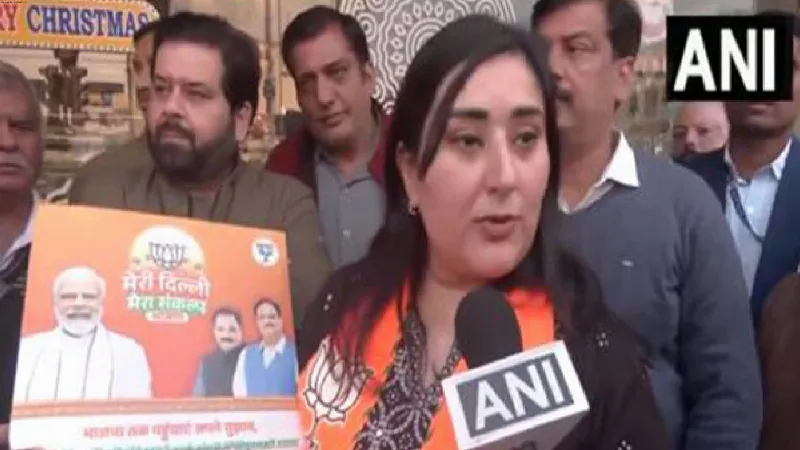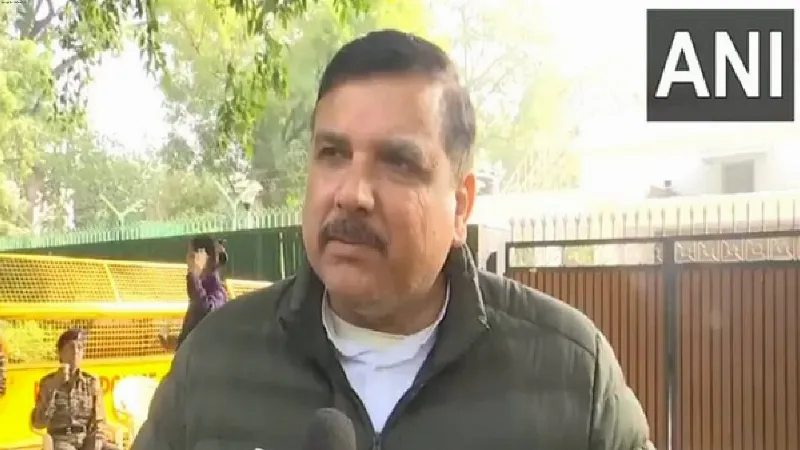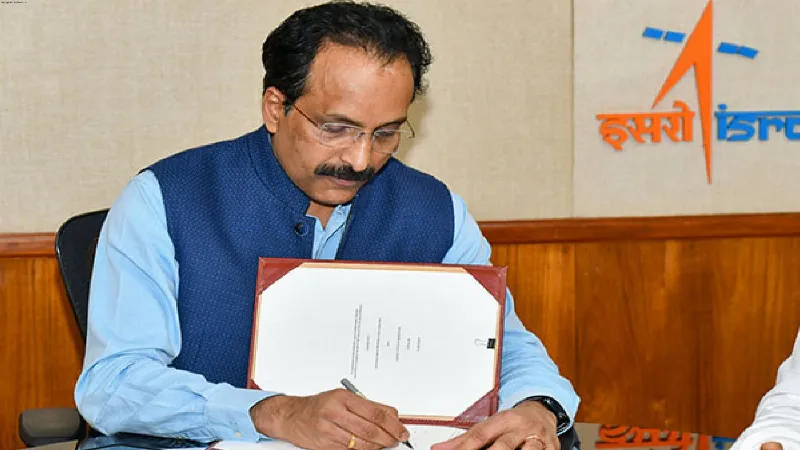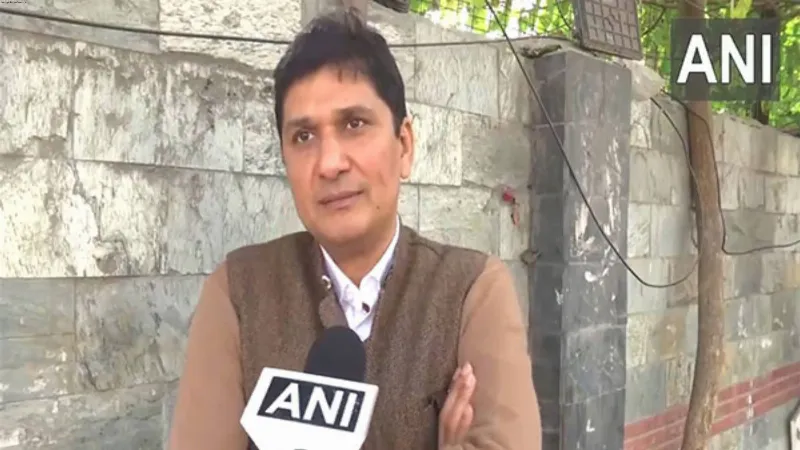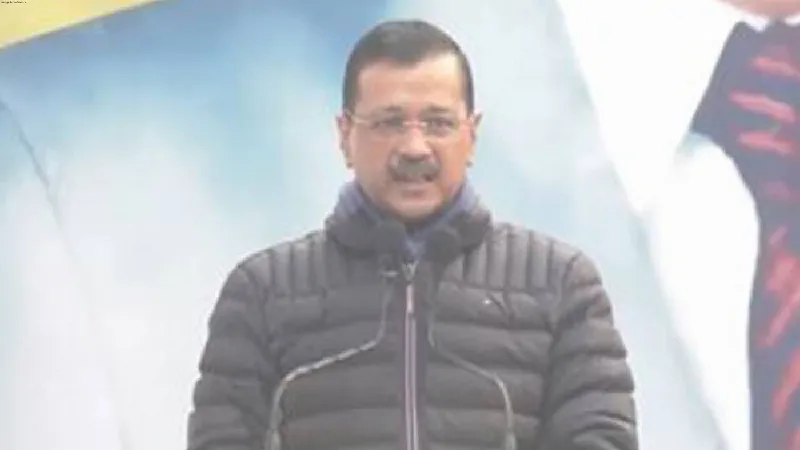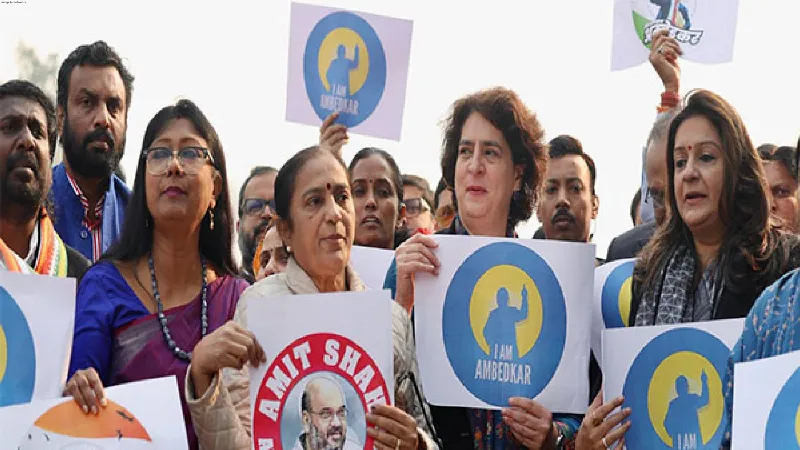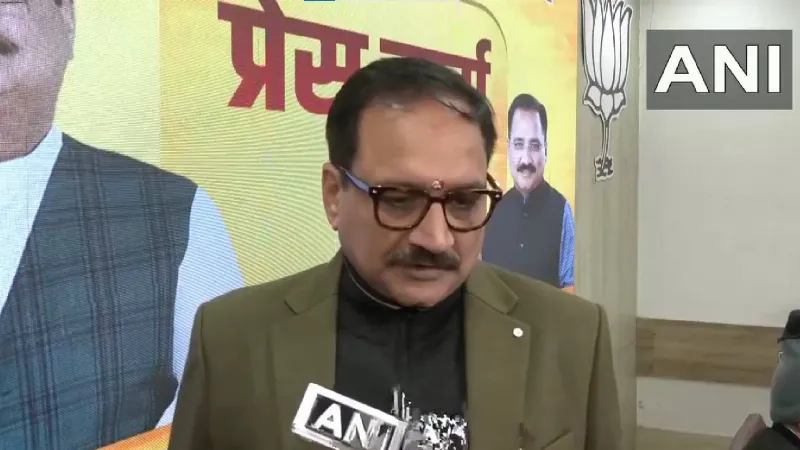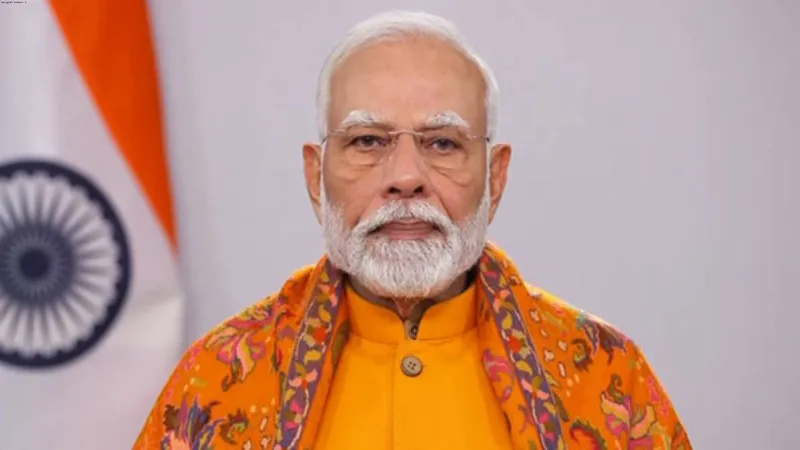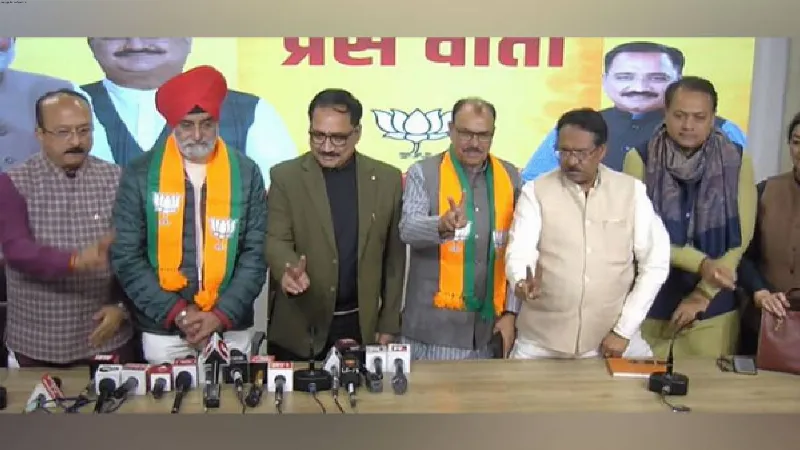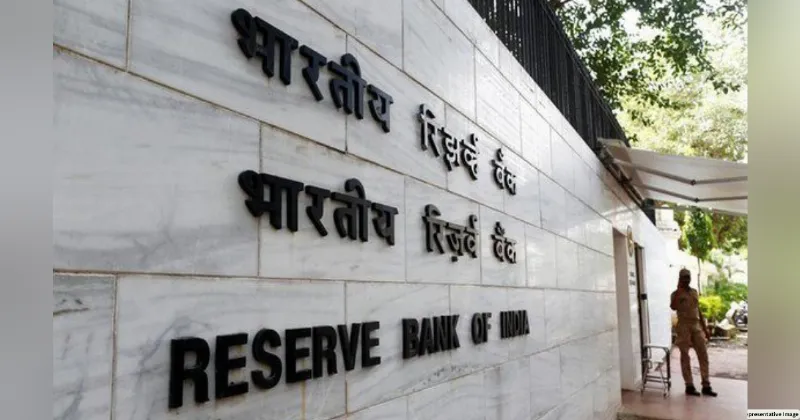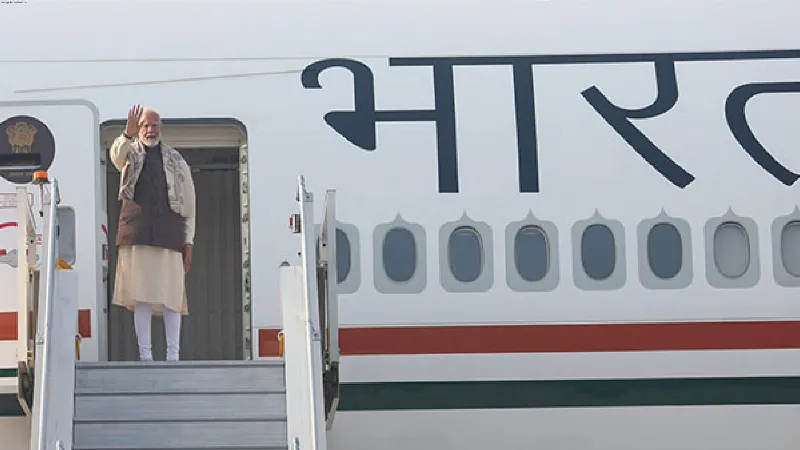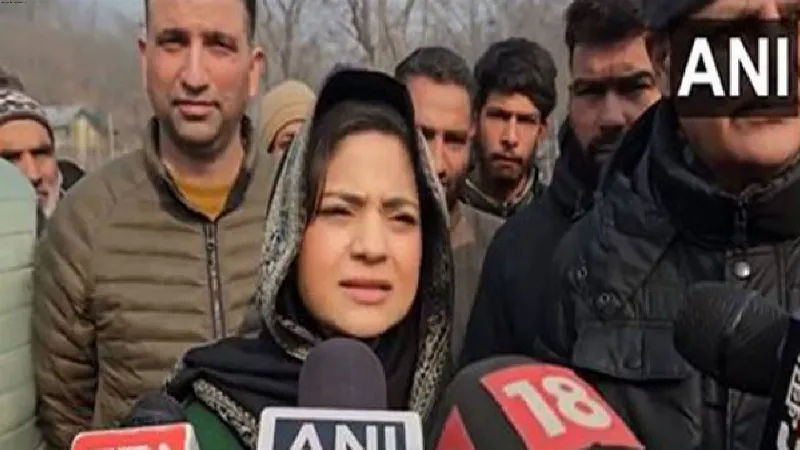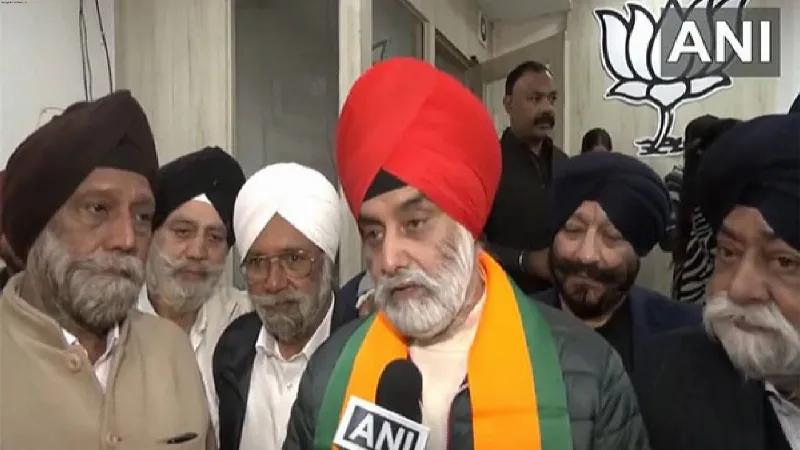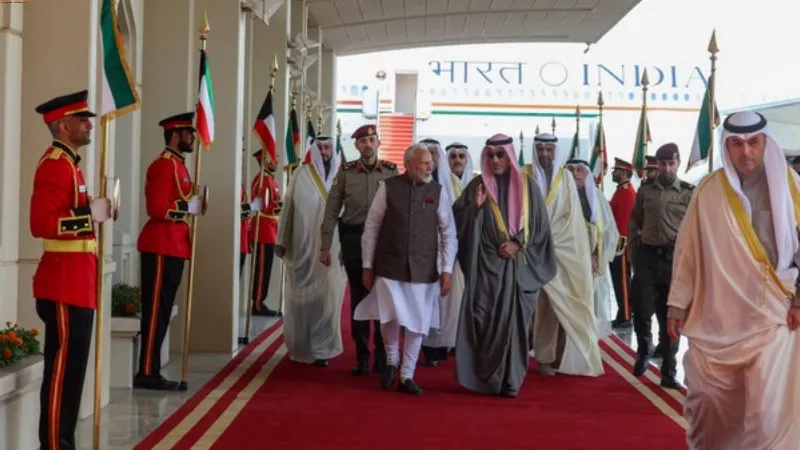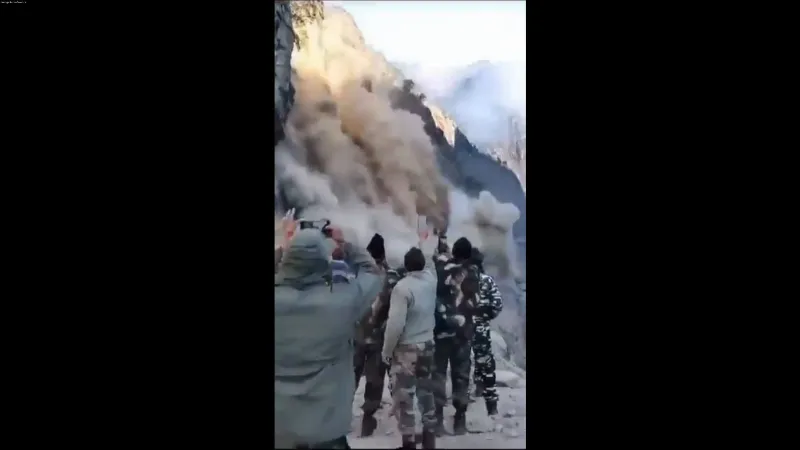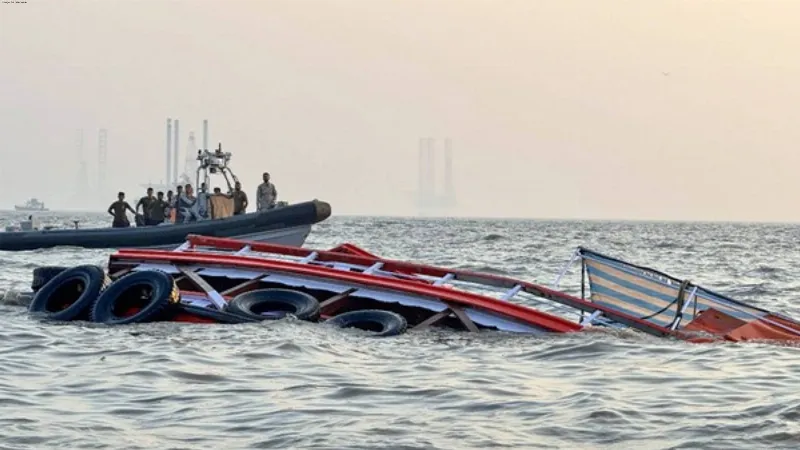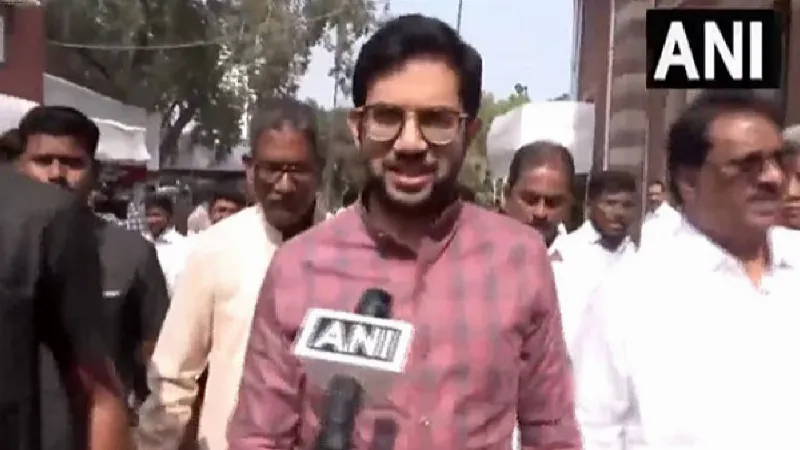"Northeast India is heart and soul of Bharat", says Vice-President Dhankhar
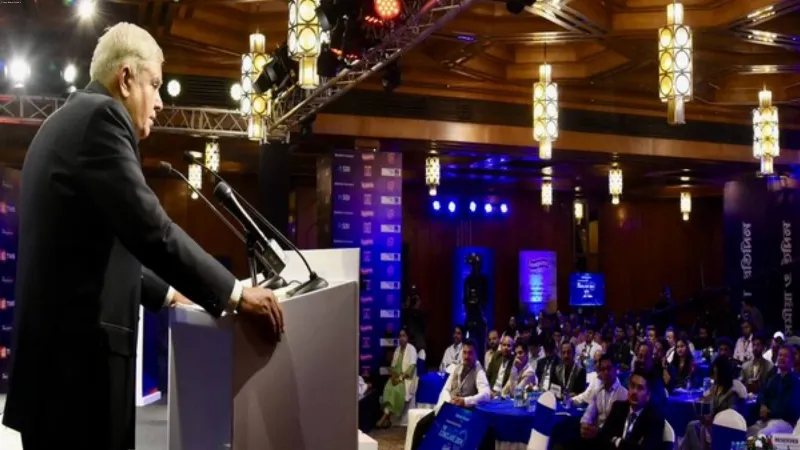
New Delhi: In New Delhi on Saturday, Vice President Jagdeep Dhankhar, during the programme 'The Conclave 2024' organised by Pratidin Media Network, hailed Northeast India as the "heart and soul of Bharat."
He urged the media to highlight the region's vast potential in tourism and development, emphasising its rich cultural tapestry and natural beauty and also highlighted the government's "Act East policy" and the importance of media in shaping national portrayal.
"Put together New Zealand, Switzerland, and Scotland, and you will still fall short of the wealth of the Northeast," Dhankhar remarked.
He noted significant advancements in connectivity, revealing that the number of airports has doubled while waterways have expanded twentyfold, attracting national investment.
During the address, he also highlighted the recent recognition of Assamese as one of India's classical languages. He pointed to the spiritual significance of sites like the Kamakhya temple and the ecological wonder of Kaziranga National Park, calling them vital components of Northeast India's identity.
He drew parallels between the Northeast and Kashmir, recalling a dramatic increase in tourism in Jammu and Kashmir, which saw over two crore visitors last year.
He recalled his experience of a beautiful destination he visited and said, "In the 1990s, during my tenure in the Union Ministry, I visited Srinagar, and there were hardly 20 people on the road. Last year, according to Rajya Sabha records, more than 2 crore people visited Jammu and Kashmir as tourists. This is a testament to the transformative journey of our nation."
"Tourism can transform the Northeast's economy, driving exponential employment growth," he asserted.
Dhankhar called on the media to act as ambassadors for the region, fostering awareness of its opportunities. He stressed the need for responsible journalism, reminding attendees of the media's crucial role in democracy, especially during times of rapid technological change.
He reminded the audience of the newspapers' valour throughout the emergency, highlighting the need for press freedom to be balanced with the obligation to educate and enlighten the public.



